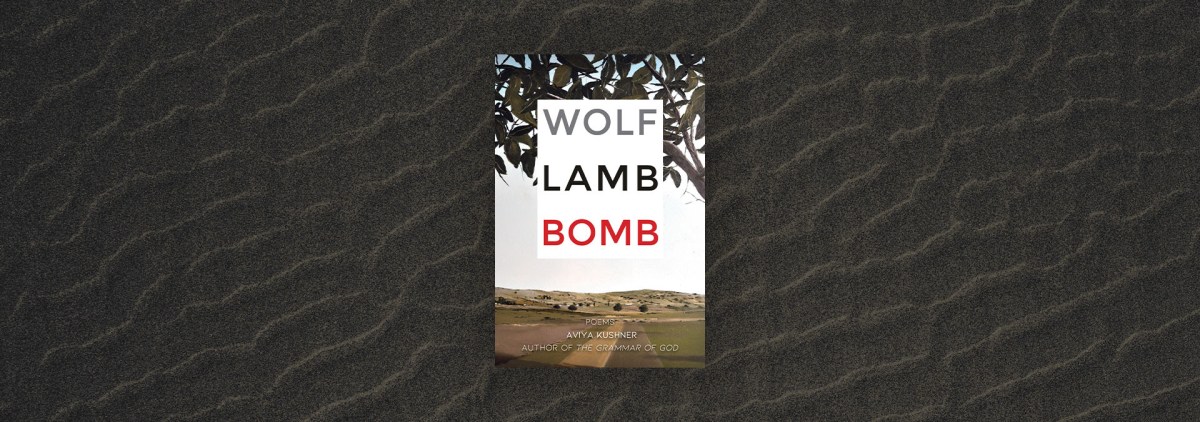[ad_1]
My sister used to live on Wellington Avenue. I would drive in from Iowa, search for free parking on nearby Cannon Drive, and stay the weekend. We sometimes walked around, late at night, and I could hear people at all stages of love affairs conducting their lives in the street.

Lakeview East happens to be both a Jewish neighborhood and a gay neighborhood. There are three synagogues, numerous rainbow flags, and businesses that cater to the LGBTQ community. Men holding hands with men is a frequent sight.

Just east of Cannon Drive, there is a giant statue of writer John Wolfgang von Goethe (1749–1832). It was dedicated in 1913, before World War I and World War II. But the language of that dedication is a bit chilling, describing Goethe as “the master mind of the German people.”

On the night this poem began, I walked past that monument. I heard Isaiah in my ears. I also heard a passage from James Baldwin’s novel Another Country in which a saxophonist plays his heart out, and Baldwin tries to write that music in words, with multiple permutations of the question “do you love me?”

Sometimes “you” is italicized, sometimes “do”, sometimes “me”.

I was thinking about Baldwin’s use of italics, and how they do similar work to Isaiah’s exhalations—hoy! ha!—which are often eliminated in translation. These musical directions control the volume, telling us what to feel, and just maybe, who to love.
Night On Wellington Avenue, Chicago To Germany, from its German citizens, 1913. Another night and I am a walker in the night, a wanderer reading. The Jewish neighborhood is graced by that odd monument, and the night is laced with Isaiah, with the juxtaposition of horrifying prophecy and soft wind. Is it all exile, all the cities of earth awake and all the lovers of inexplicable cities walking, thinking if they just keep moving it will all be calm, just keep moving and the body and the mind will exhaust into sleep? And I watch as men hold hands outside a bar, and women hope for salvation, their whole bodies one big ear, listening, asking always that awful phrase Do you love me? Do you love me? And as the wind winds down and the bartender yells last call I wonder if anyone is really in or if all of us are always out, out, out, wanderers like an unwanted prophet, an old man raving.
Aviya Kushner grew up in a Hebrew-speaking home in New York. She is the author of Wolf Lamb Bomb (Orison Books, 2021), The Grammar of God: A Journey into the Words and Worlds of the Bible (Spiegel & Grau / Penguin Random House, 2015), which was a National Jewish Book Award Finalist, a Sami Rohr Prize for Jewish Literature Finalist, and one of Publishers Weekly‘s Top 10 Religion Stories of the year, as well as the poetry chapbook Eve and All the Wrong Men (Dancing Girl Press, 2019). Kushner is The Forward‘s language columnist, and previously wrote a travel column for The International Jerusalem Post. She is MFA director in creative writing at Columbia College Chicago, a founding faculty member at the Randolph College MFA program, and a member of The Third Coast Translators Collective. Her work has been supported by the Howard Foundation, the Illinois Arts Council, and the Memorial Foundation for Jewish Culture.

Excerpted from Wolf Lamb Bomb
By Aviya Kushner
Published by Orison Books on June 1st, 2021
[ad_2]
Source link
